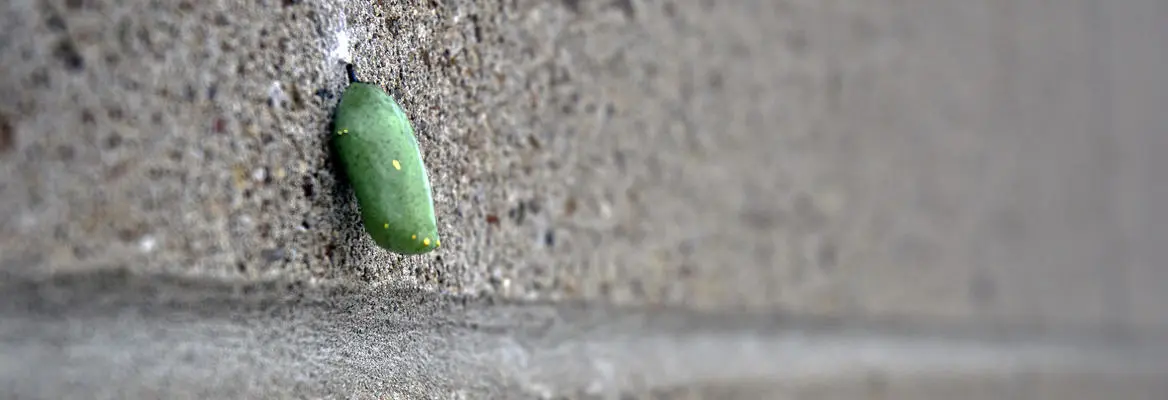We are currently facing four concurrent crises – the economic, the social, the environmental, and the political. They are all interlinked and they all have to be tackled together, and urgently. We have a deeply dysfunctional system that cannot continue as it is now. What we have to do is change everything, and change it in ways that deal with the economic, the environmental, the political and the social. This is the kind of real change the Green Party is calling for. At stake is the survival of life as we know it. The status quo is not an option.
Let’s take one example: the community ownership of renewable energy sources. A recent report for the Liberal Democrats suggested that people living near wind farms should be able to buy a stake for as little as £5. This is something that the Green Party has been talking about for a long time, and now it seems that the government is finally beginning to catch up. If you look at Germany, more than 50% of renewables are community-owned. That’s a broad trend across the continent, where communities compete to get wind farms. It is very different to the situation here.
Community ownership is very important, because if people feel it’s their wind farm, then they feel very differently about it. It almost physically looks different to when a big multinational company has come and imposed something on you, in which case you’re not seeing any benefit from it and you know the profits are swishing off in the breeze, quite often to the nearest tax haven. Community ownership is absolutely critical to the whole model of renewables, and leading towards a very low carbon future.
This logic must also be applied to our political system. The current system is broken: Westminster hasn’t been reformed for nearly a hundred years, when the last big change was women getting the vote. Now it’s too late to tinker; we need to start again. That is why we have put forward our People’s Constitutional Convention. By giving power back to the people we can really show that politics is something people can do; it’s not something that is done to you.
It has been our passive acceptance of the economics of neoliberalism that has led us to where we are today. But this is changing, and as it does so it’s worth thinking about how political change happens. Traditionally, we think of countries and society changing gradually over many years, but that’s not actually how it works. Look at the rise of Thatcher, for example. That was a huge change in political philosophy: before she came on the scene, both the Tories and Labour were broadly in agreement about public ownership, and they agreed broadly (with the dishonourable exception of single mothers) that we should have a welfare safety net. Then suddenly everything changed. You can really feel in the air that that next big change is coming now.















Join the conversation